The music of Ludwig van Beethoven has captivated generations of musicians and listeners.
However, some classical music lovers are so enamored by Beethoven that they fail to appreciate Beethoven’s gifted colleagues.
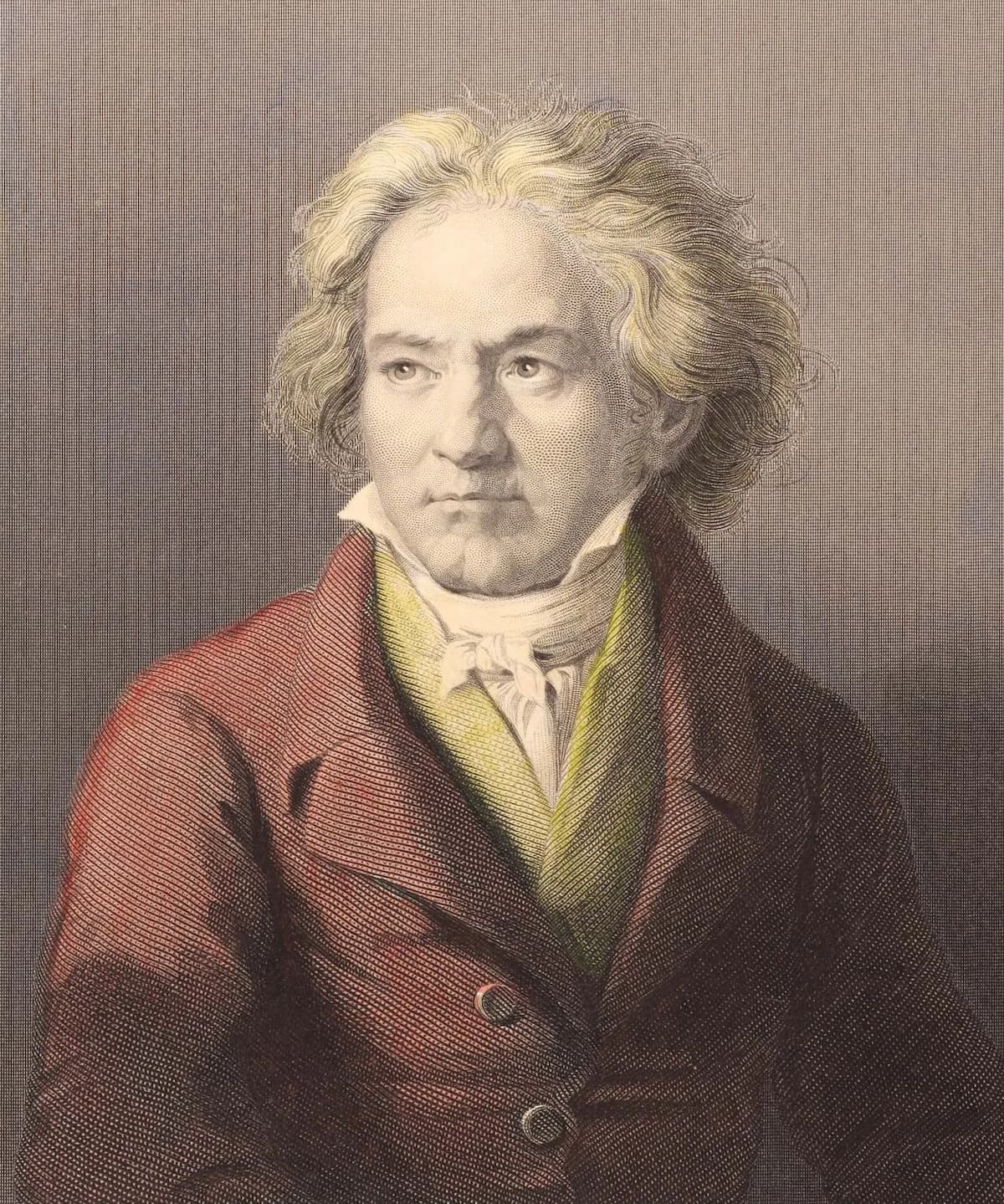
Ludwig van Beeethoven
If we look at music history, we can find great music in a Beethovenian style written by composers not named Beethoven. It turns out that many of these works are actually worth checking out!
Here are eight composers like Beethoven, who either paved the way for him or followed in his footsteps (or, in some cases, did both).
Joseph Haydn (1732-1809)
This is Haydn’s 104th (!) Symphony, nicknamed the “London.”
As you can guess from its nickname, this symphony was composed in 1795 when Haydn was living and concertizing in London, taking advantage of his retirement to travel, give freelance performances, and enjoy his fame.
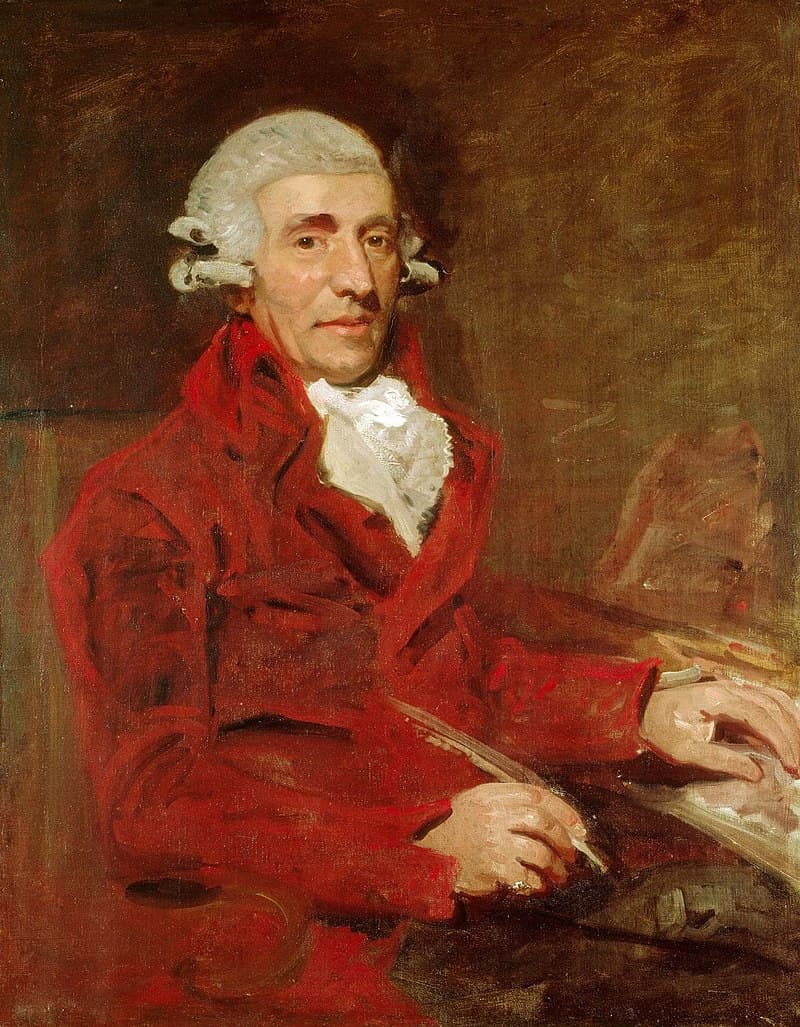
Haydn in London
Beethoven’s first symphony likely dates from the same year that Haydn’s 104th does. Even though Haydn was almost forty when Beethoven was born, Haydn lived so long that this later work is contemporary with Beethoven’s early symphonic works.
Haydn was never one to sit on his laurels. This work has an energy and excitement to it, whose style calls to mind Beethoven in his more genteel moments.
Paul Wranitzky (1756-1808)
Paul Wranitzky was born in 1756 in the present-day Czech Republic.
In 1776, he moved to Vienna and joined the social circle of Mozart, Haydn, and Beethoven, and began making a name for himself as a conductor and composer.
He was highly respected in his day and the fact that he fell into obscurity soon after his death puzzles his devotees.
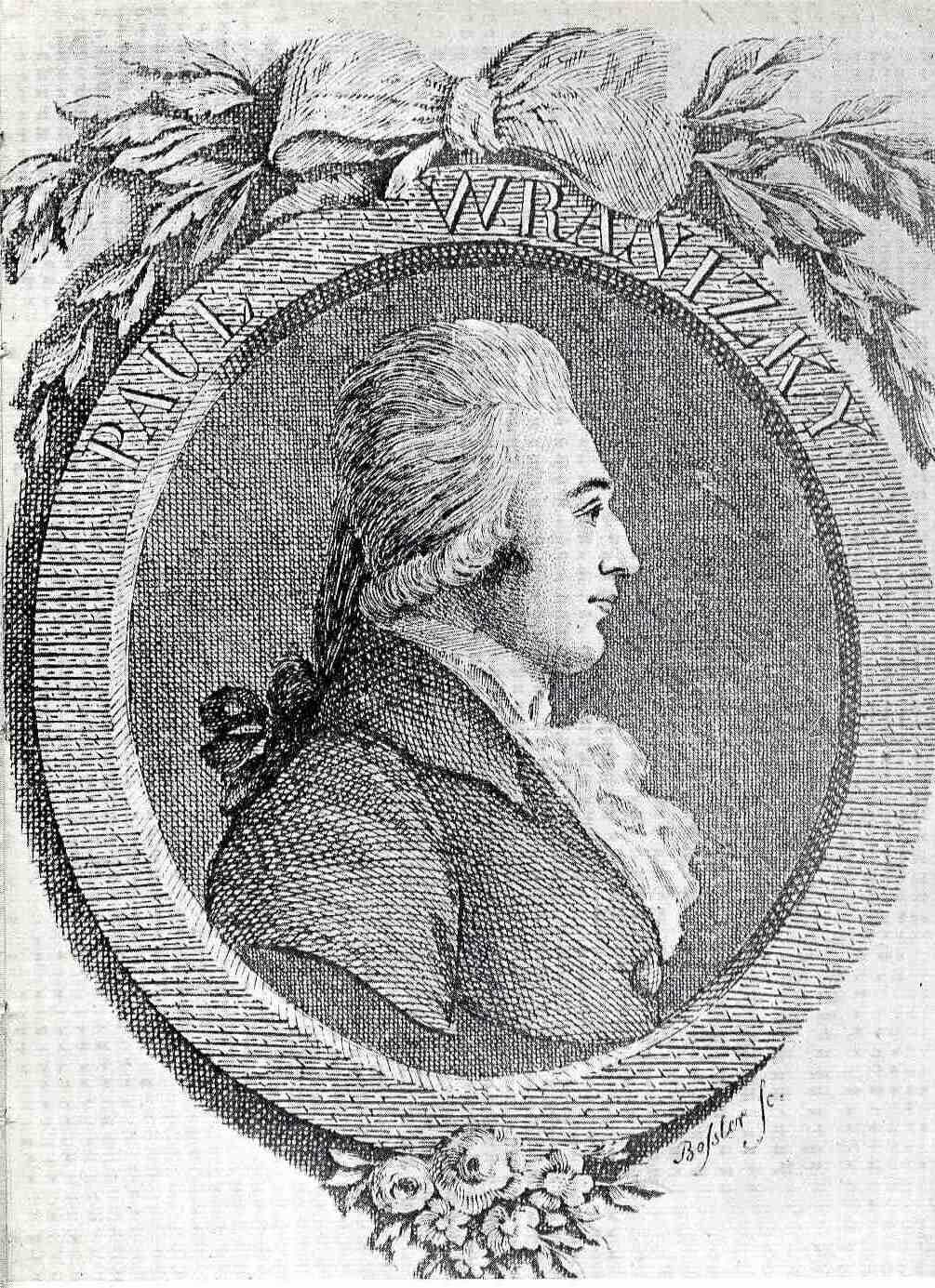
Paul Wranitzky
Influential nineteenth-century musicologist François-Joseph Fétis wrote, “The music of Wranitzky was in fashion when it was new because of his natural melodies and brilliant style. He treats the orchestra well, especially in symphonies. I recall that, in my youth, his works held up very well in comparison with those of Haydn. Their premature abandonment of today has been, for me, a source of astonishment.”
One can hear a forceful, mischievous Beethovenian spirit in Wranitzky’s Sextet No. 3 for flute, oboe, violin, two violas, and cello, dating from 1790. It was actually a transcription of one of his many symphonies.
Joseph Martin Kraus (1756-1792)
Joseph Martin Kraus was born in Bavaria in 1756.
He gained the nickname “the Swedish Mozart” because he was born the same year that Mozart was and died the year after Mozart did.
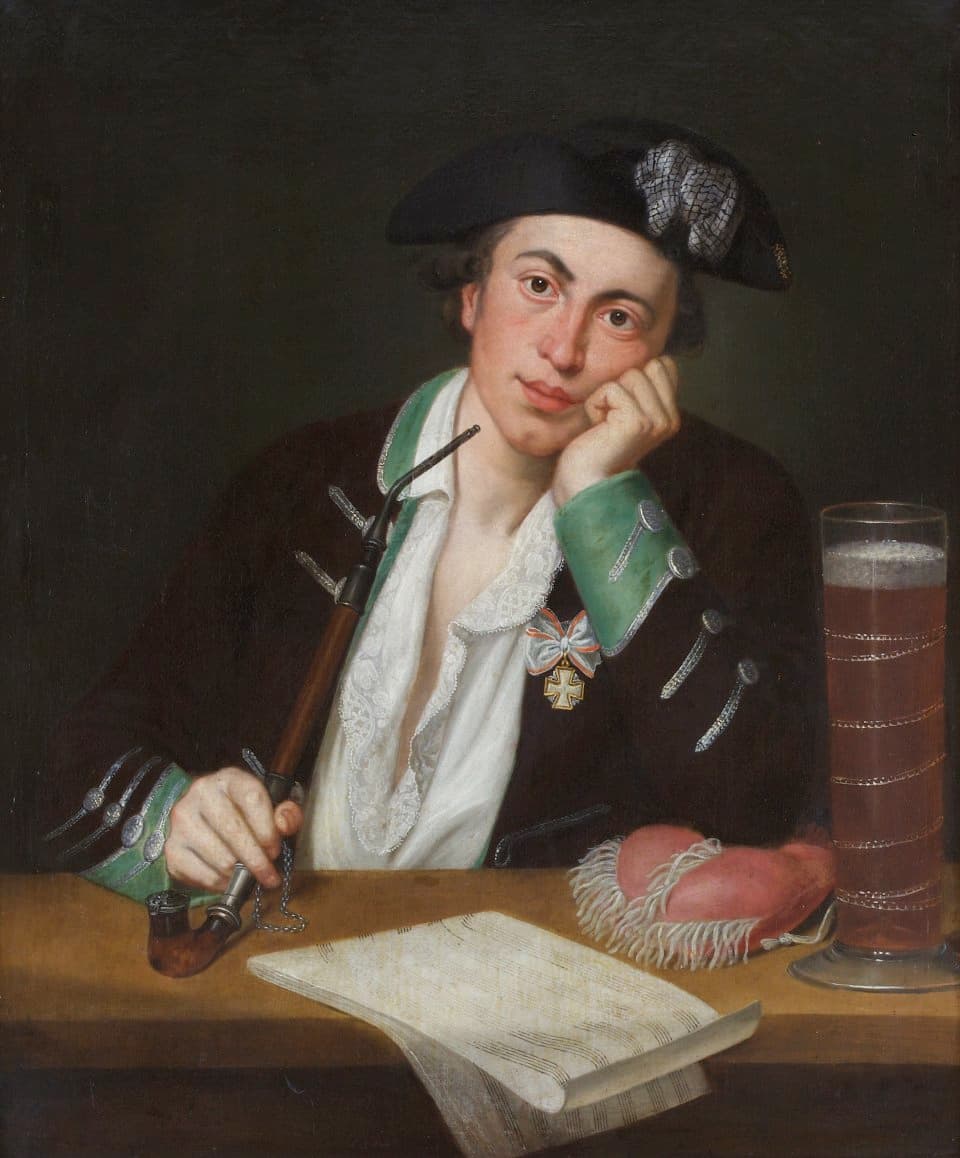
Joseph Martin Kraus
Kraus was intrigued by the Sturm und Drang movement (translated, the “Storm and Stress” movement). Sturm und Drang was a pushback against the Enlightenment Era’s emphasis on restraint and rationality.
Music influenced by the Sturm und Drang aesthetic often included minor keys, driving bass lines, extreme and unpredictable dynamic changes, and accents: all hallmarks of Beethoven’s maturity.
You can hear those elements in Kraus’s Symphony in C-minor, composed in 1783.
Luigi Cherubini (1760-1842)
Cherubini was born in 1760 in Florence. He proved to be a very musically talented child, and in 1785 he went to London and Paris to travel and continue his studies and make connections. He loved Paris so much that he stayed there and adopted the city as his own.
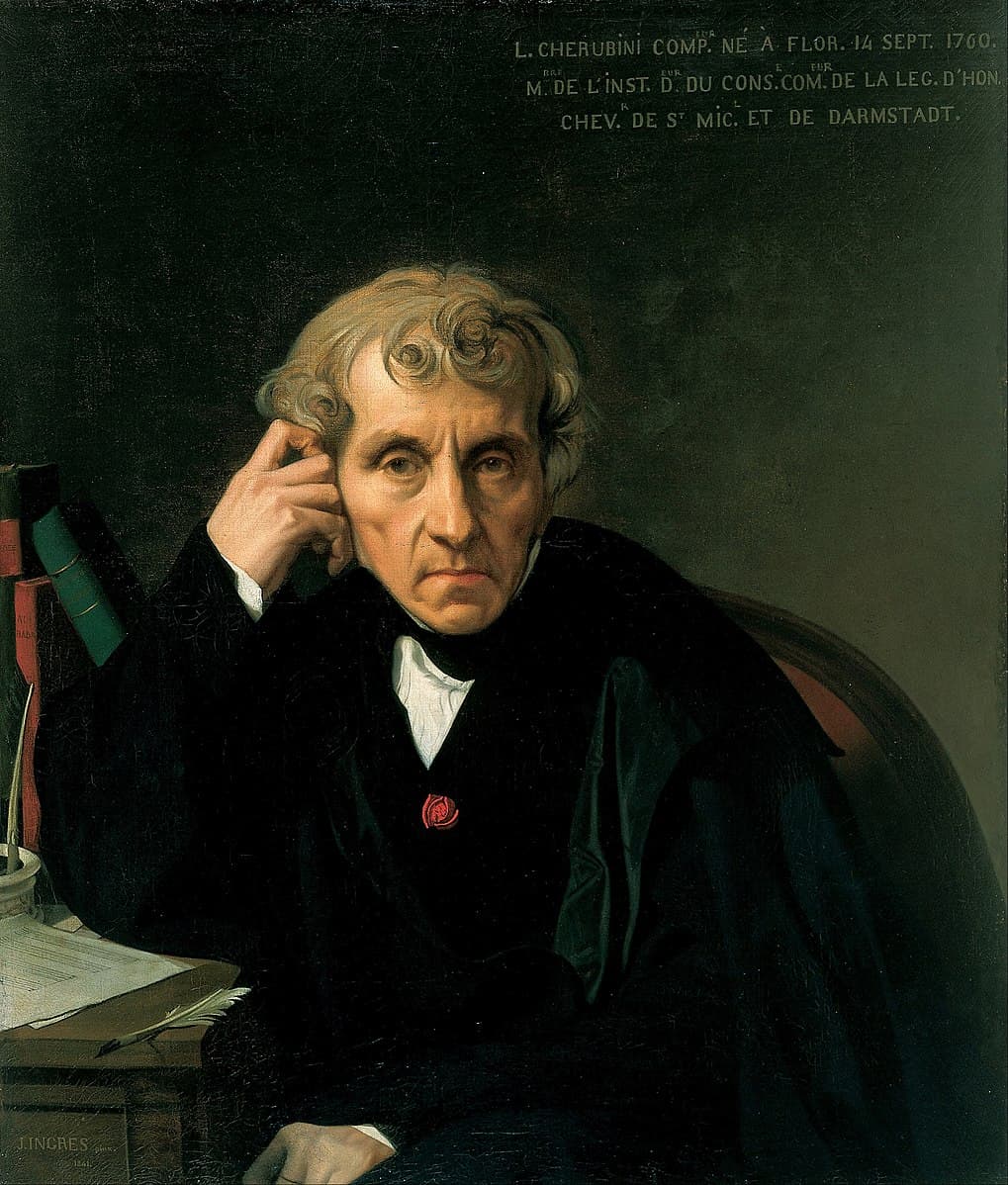
Portrait of Luigi Cherubini by Jean Auguste Dominique Ingres © Google Art Project
Like many musicians, he earned a living by seeking out patrons from the aristocracy. This became a problem once the French Revolution began.
Luckily Cherubini survived the Terror, and managed to find his way into the good graces of Napoleon. In 1805 he was even sent by the government to Vienna to be Napoleon’s director of music there.
In 1816 Cherubini wrote a Requiem to commemorate the beheading of Louis XVI. The work was highly praised, and even cantankerous Beethoven liked it. If you like Beethoven’s Missa Solemnis, you should check Cherubini’s mass out.
Anton Reicha (1770-1836)
Composer Anton Reicha was born in Prague in 1770, the same year as Beethoven. Reicha ran away from home as a child and made his own way as a musician.
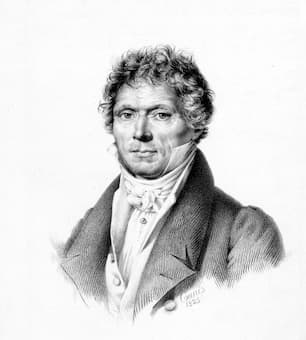
Antoine Reicha
In 1789, Reicha met Beethoven. They were both playing in an orchestra in Beethoven’s hometown of Bonn. The two men became fast friends.
They lost touch for a while, but in 1801, Reicha moved to Vienna and joined Beethoven’s social circle.
Reicha is best remembered today as a teacher, a technique wizard, and a general iconoclast. The composer’s voice in this quartet is incredibly gripping and original.
This string quartet was published in 1805.
Franz Clement (1780-1842)
Beethoven’s violin concerto (composed in 1806, right on the dividing line between the Classical and Romantic Eras) comes from an era of violin concertos that have largely been forgotten, and it’s hard to find a work for violin and orchestra that’s similar to it.
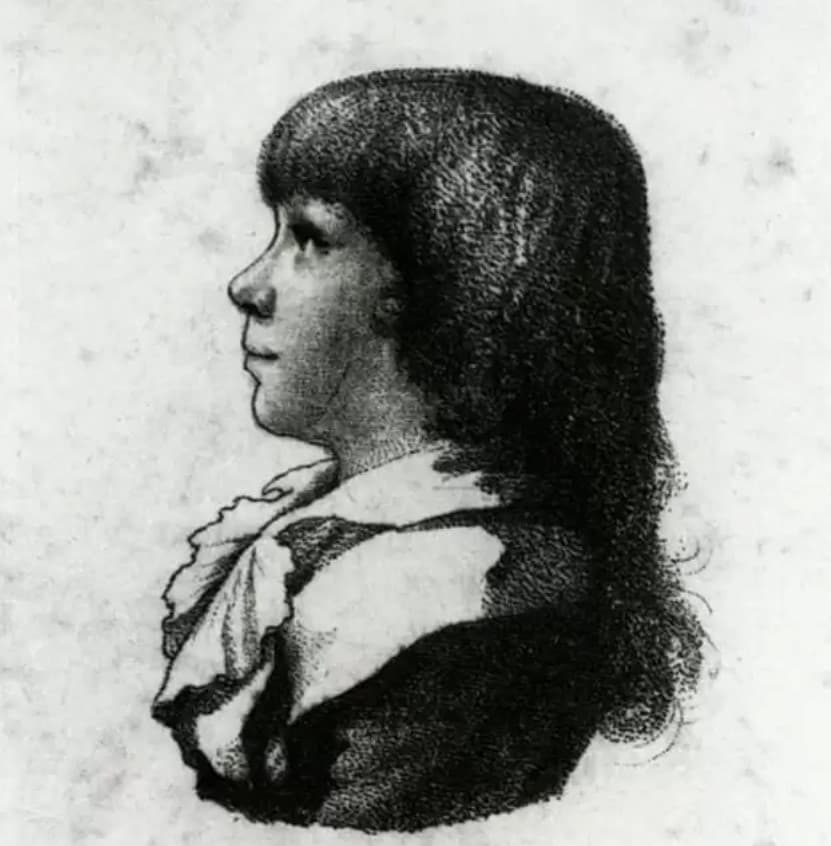
Franz Clement
Franz Clement’s violin concerto might be the closest thing we have to a direct inspiration. Although it’s less epic than Beethoven’s, it shares many aesthetic similarities, and it’s a fascinating listen for any fans of Beethoven’s violin concerto.
Franz Clement was born in Vienna in 1780 and soon made a name for himself as a child prodigy with a prodigious memory. He wrote a lot of music, but he is mainly remembered today for being the soloist who premiered Beethoven’s violin concerto.
Bonus fact: Clement’s violin concerto premiered in 1805 at the same public concert that the full-length Eroica Symphony was premiered at!
Ferdinand Ries (1784-1838)
Ferdinand Ries was born in 1784 in Beethoven’s hometown of Bonn, Germany. He later came to Vienna and served as Beethoven’s secretary and friend.
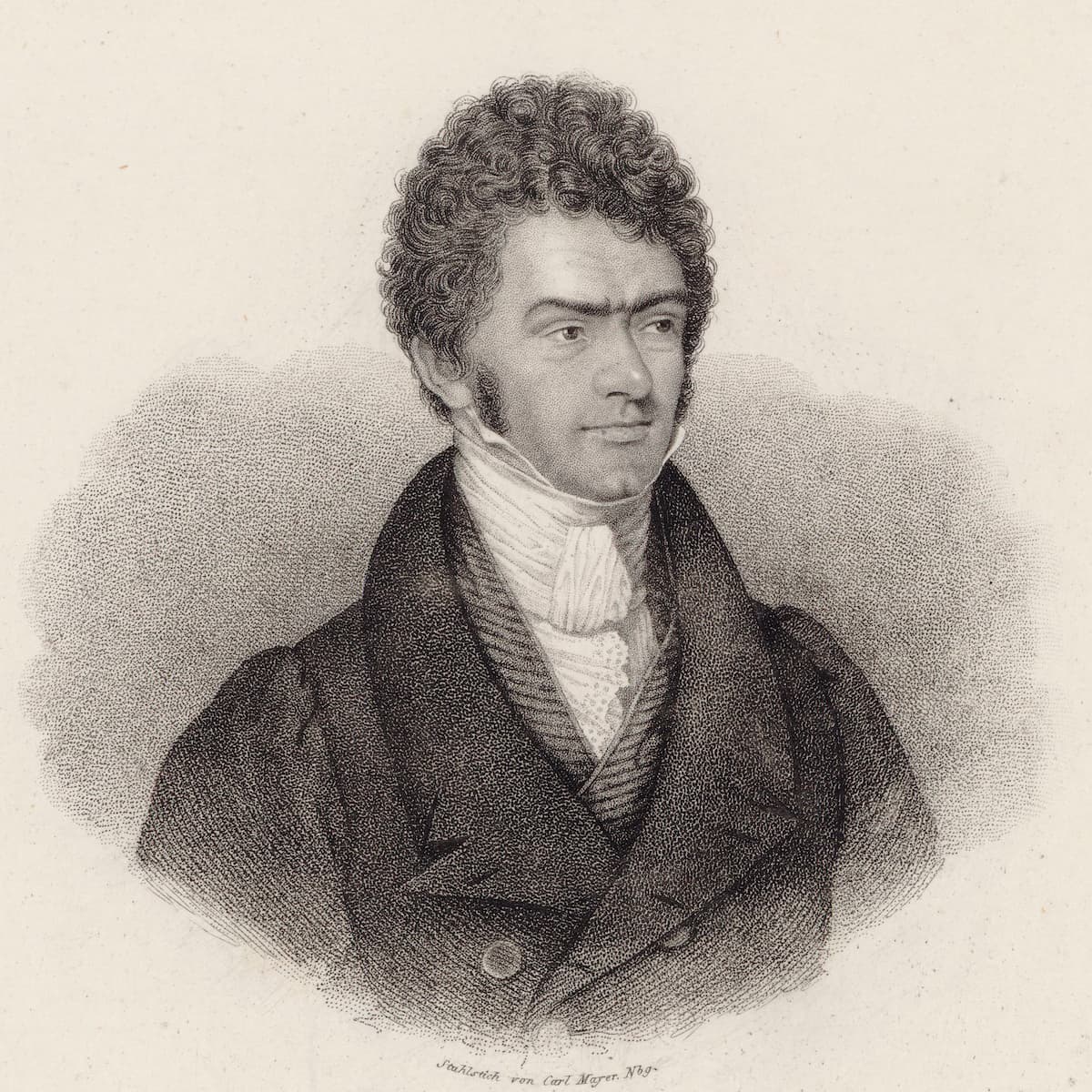
Ferdinand Ries
He was a wildly prolific composer, writing at least three hundred works.
This piano concerto from 1833 has the influence of Beethoven written all over it, from its thundering repeated chords – to a four-note opening that seems to be paying homage to the opening of Beethoven’s violin concerto – to the breathtaking central larghetto that prominently features the woodwind section in a very Beethovenian way.
Carl Czerny (1791-1857)
Carl Czerny was another Beethoven student. He was born in 1791 in Vienna and began working with Beethoven when he was only ten years old. As he got older, the two remained friends and colleagues.
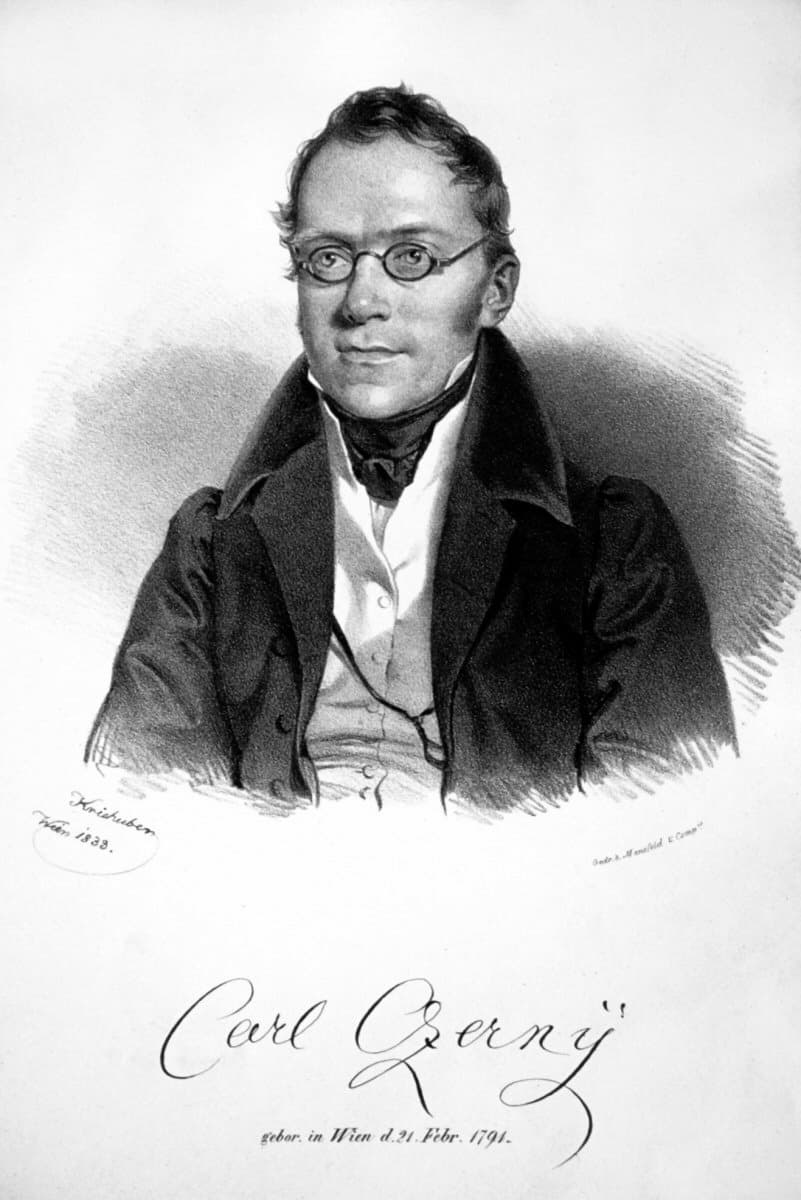
Carl Czerny
Beethoven held Czerny’s piano playing in such high regard that he chose Czerny to be the soloist at several of his important concerto premieres.
Over the course of his career, Czerny composed over a thousand pieces. However, he is perhaps most famous for his pedagogical material. Czerny etudes are still played today by pianists.
This first symphony by Czerny is spirited – almost overwhelmingly so! Although this work takes a firm stride into the Romantic Era, there are still many details that call to mind passages by Beethoven.
Conclusion
For a variety of reasons, Beethoven has taken on a giant role in music history. It seems likely that for as long as classical music is played, his name will be renowned.
But looking back and checking out the work of his uber-talented contemporaries, it’s clear that other composers wrote incredible works that deserve to be heard and loved, too!
For more of the best in classical music, sign up for our E-Newsletter

